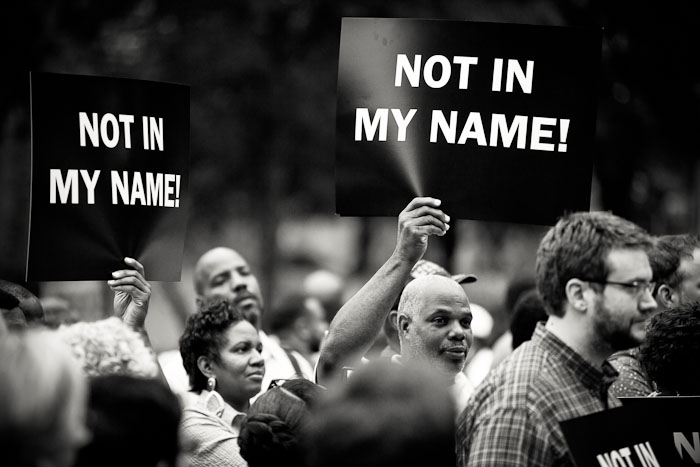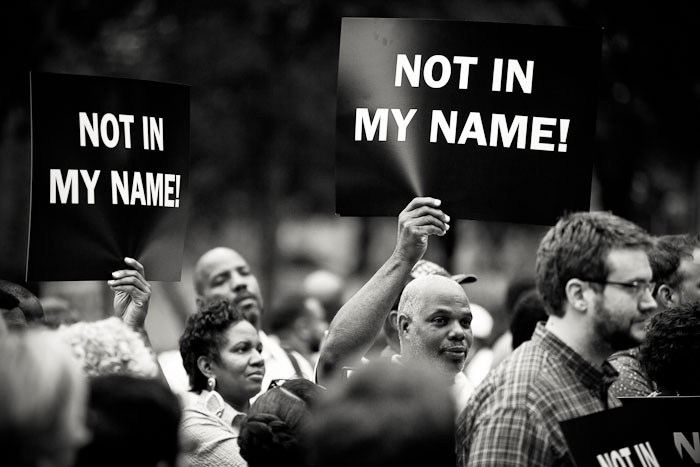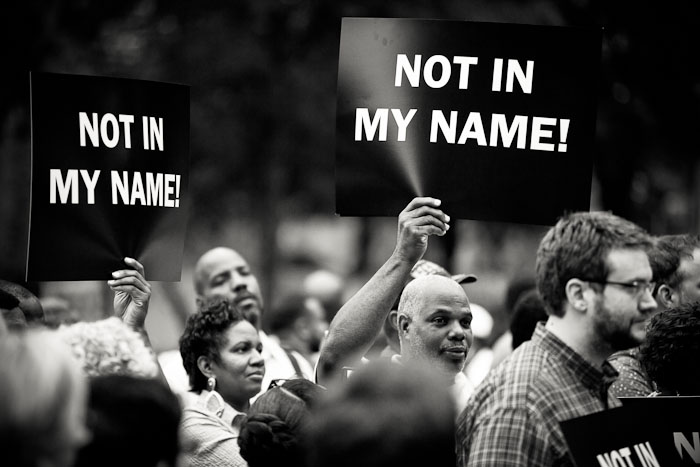-
-
-
-
-
-
-
-
-
Keith Dwayne Nelson
Case Specific Information for Keith Dwayne Nelson: “Keith Nelson was sentenced to death after a trial plagued by ineffective counsel that committed crucial errors and failed to conduct even the most basic investigation. Because of his counsel’s deficient performance, the jury never heard key evidence about the significant trauma and extreme neglect Mr. Nelson experienced…
-
Dustin Lee Honken
Current Status of the Federal Death Penalty: On June 15, the U.S. Department of Justice scheduled three executions to take place over a five-day span beginning July 13. A fourth execution has been scheduled for the end of August. The legality of the federal government’s execution protocol is still being contested. The situation concerning the planned…
-
Wesley Ira Purkey
Current Status of the Federal Death Penalty: On June 15, the U.S. Department of Justice scheduled three executions to take place over a five-day span beginning July 13. A fourth execution has been scheduled for the end of August. The legality of the federal government’s execution protocol is still being contested. The situation concerning the planned…
-
Daniel Lewis Lee
Current Status of the Federal Death Penalty: On June 15, the U.S. Department of Justice scheduled three executions to take place over a five-day span beginning July 13. A fourth execution has been scheduled for the end of August. The legality of the federal government’s execution protocol is still being contested. The situation concerning the planned…












